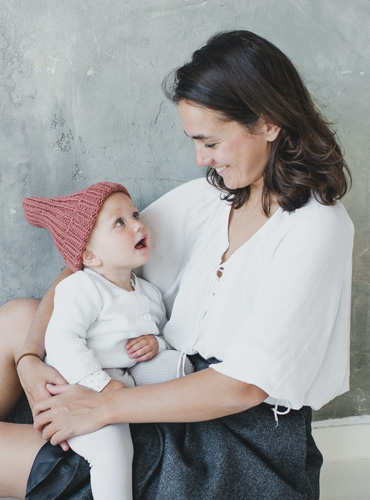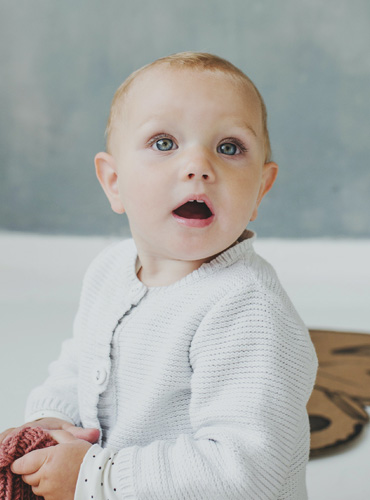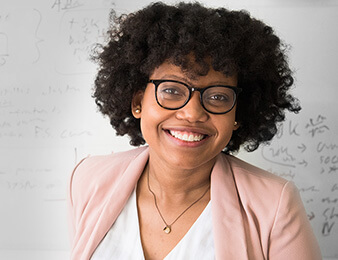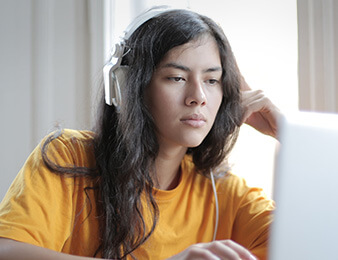Parents with Epilepsy
All parents who have epilepsy will know how important safety measures are in the home. The presence of babies and young children, however, means that further precautions may have to be taken to ensure that they are safe during a seizure.
Parents who have warnings of seizures, or know what time they are likely to occur, will have less of a problem than those whose attacks are irregular and without prior warning.
General information about child care is of course available from ante-natal clinics.
It is best for a mother to tell her Health Visitor about her epilepsy early in the pregnancy, the form it takes and the medication prescribed. She will then be in a position to advise you on specific points.
Most people with epilepsy take some kind of medication which helps to control their condition. From the point of view of the mother with epilepsy it is very important that you check with your doctor before attempting to breastfeed your baby. The effects of medication could be harmful to your baby if transferred in breast milk, although in general only very tiny amounts of drugs are present in breast milk.
For bottle feeding the usual position is sitting nursing the baby. It may be more practical however, if you think you are liable to have a seizure, to strap the baby into a plastic chair. Carrying the baby around the house could be hazardous if you either dropped the baby during a seizure or fell onto him. By using a carrycot and transporter wheels in the home you will reduce this risk. A playpen or baby bouncer will also help to keep the baby safe.




